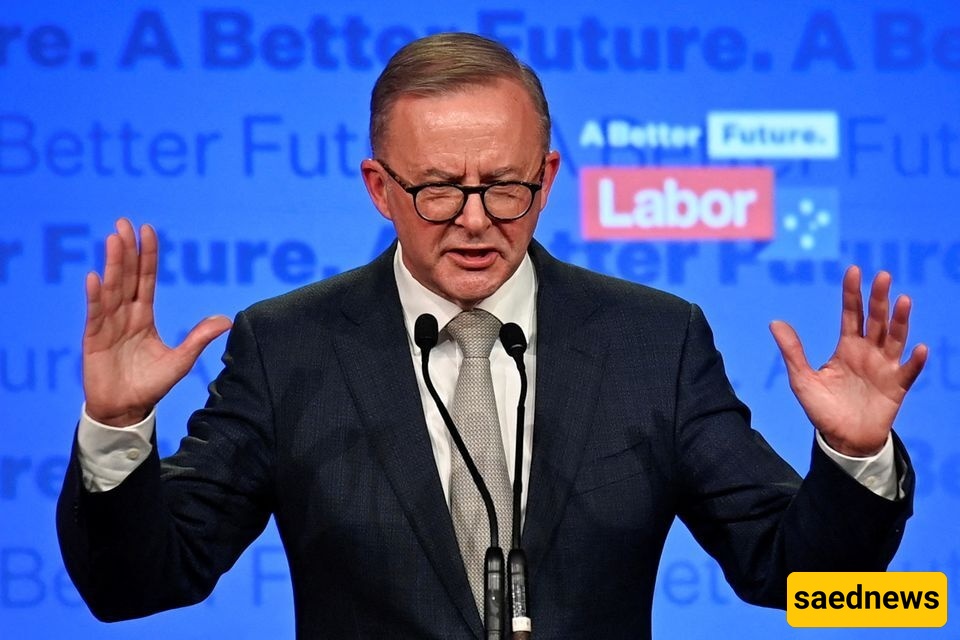SAEDNEWS: Australia’s recognition of Palestine is a bold foreign policy shift driven by geopolitical changes, domestic pressure, and a bid to redefine its global role — a move that may spark U.S. backlash.

According to Saed News, citing France 24, in recent years Australia’s foreign policy has undergone significant changes. While long known as a steadfast ally of the United States, the country is now adopting more independent positions on certain key issues, signaling a recalibration of its global and regional relationships. The recognition of the State of Palestine is one such example, and it could strain Australia’s ties with the U.S.

One of the main drivers behind this move is domestic pressure from human rights groups and Muslim communities in Australia, who are calling for stronger support for Palestinian rights. These pressures, combined with global concerns over the Middle East peace process and mounting criticism of Israeli policies, have pushed Australia toward taking a more active stance.
At the same time, Australia is seeking to project itself as a more independent and influential player in international politics, making clear that it does not wish to be seen as simply following U.S. policy. Recognizing Palestine is, in a sense, a declaration of diplomatic autonomy — sending a strong message to both allies and political rivals.
From a geopolitical standpoint, the Asia-Pacific region is undergoing major shifts, and Australia aims to bolster its position within it, while also building closer ties with Arab and Muslim nations. This move could be part of a long-term strategy to balance regional relationships and increase influence in international negotiations.
However, the decision will likely draw a negative response from the United States. As one of Israel’s staunchest supporters, Washington is wary of any action that diverges from its policies — something that could lead to disagreements and even reduced cooperation, particularly in military and security areas.
Despite these risks, Australia has shown that it is willing to bear the costs of taking independent positions and upholding international law. This approach reflects a maturing diplomacy and may serve as a model for other nations seeking greater balance in their foreign policy.
Ultimately, Australia’s recognition of the State of Palestine is more than just a symbolic act. It reflects deeper changes in global politics and the determination of countries to redefine their place in this complex system. The move will have significant implications for Australia-U.S. relations as well as for the Middle East peace process — developments that warrant close attention.

